Prime Minister Scott Morrison wants to move Australia’s embassy from Tel Aviv to Jerusalem
PRIME Minister Scott Morrison wants to move the Australian embassy to Jerusalem in a bold move that would mirror the resolve of US President Donald Trump. He will also review the Iran nuclear deal struck by Barack Obama, he told The Daily Telegraph.
NSW
Don't miss out on the headlines from NSW. Followed categories will be added to My News.
PRIME Minister Scott Morrison wants to move the Australian embassy to Jerusalem in a bold move that would mirror the resolve of US President Donald Trump.
Mr Morrison told The Daily Telegraph he would also review the Iran nuclear deal struck by Barack Obama and said Australia would vote on Tuesday against allowing the Palestinian Authority to chair a United Nations group, the G77.
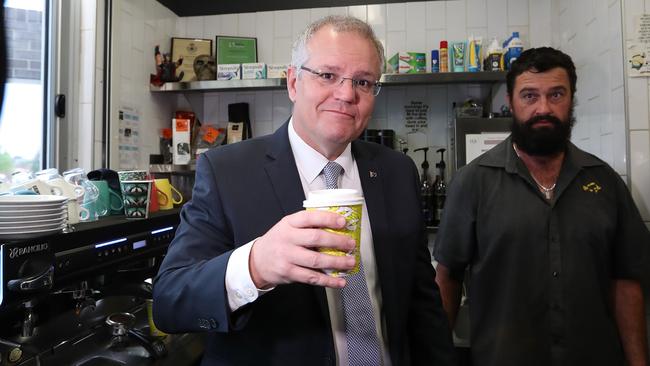
While supporting a two-state solution, Mr Morrison said Jerusalem was the true capital of Israel and he felt our embassy should be located there, with a view to recognising east Jerusalem as the capital of a Palestinian state in the future.
He said Wentworth’s Liberal candidate and former ambassador to Israel David Sharma had convinced him that Australia’s Israeli embassy could be moved to West Jerusalem without prejudicing support for a two-state solution.
MORE NEWS
Wentworth by-election: Your guide to Dave Sharma’s policies
Editorial: Is Dave Sharma’s embassy opinion divisive?
Tim Blair: Wentworth could decide fate of Scott Morrison’s government
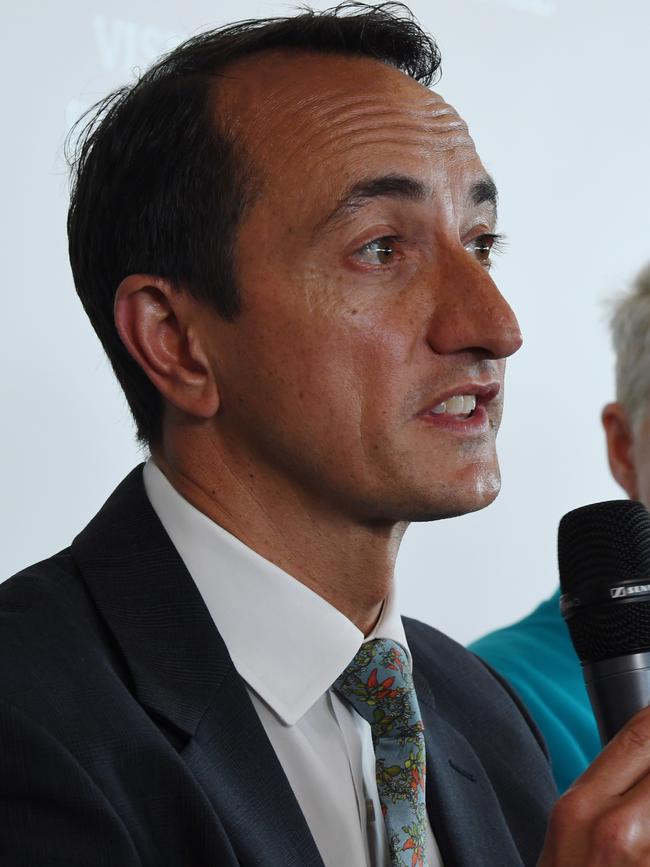
“I am open to further pursuing (moving the embassy) and doing that together with Cabinet colleagues,” Mr Morrison said. “I am saying I’m open to considering it.
“Dave was the first one to put something to me which showed that we could achieve this”.
His remarks were in direct opposition to former Prime Minister Malcolm Turnbull and former foreign minister Julie Bishop, who were adamant the Australian embassy should remain in Tel Aviv.
Mr Morrison planned to take the proposals to Cabinet last night but he said that he had discussed them already with his leadership group and Cabinet colleagues.
Asked if this announcement was politically convenient in the lead-up to the Wentworth by-election, Mr Morrison said it was timed to coincide with the United Nations vote on Tuesday night.
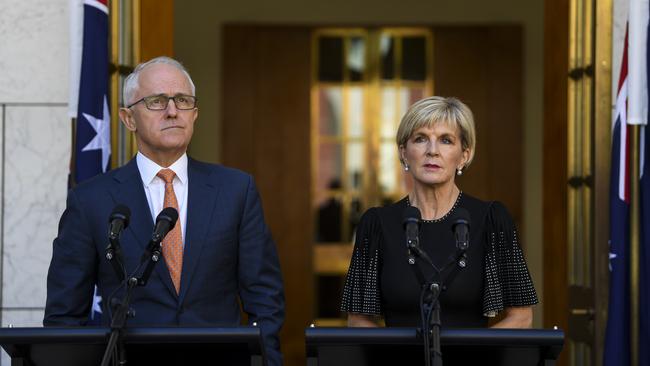
Wentworth has one of the country’s highest Jewish populations with 12 per cent of voters identifying as Jewish at the last census.
When Mr Trump moved the United States embassy to Jerusalem in May, violent protests on the Gaza border left more than 50 people dead.
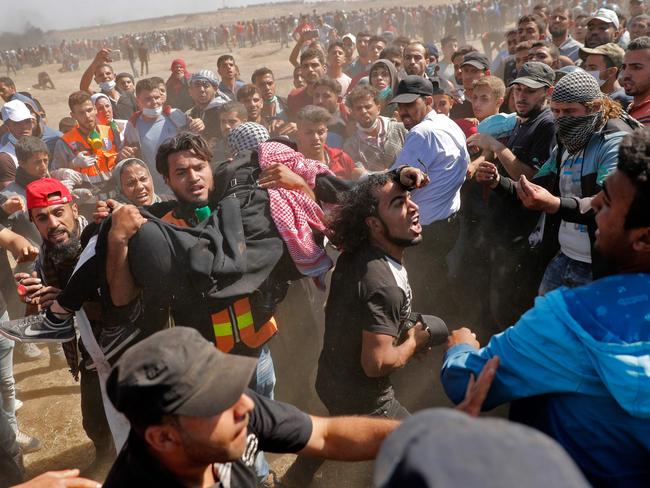
Mr Morrison said Australia needed to send a message that Palestine should not be allowed to chair the G77 bloc and he would not simply be abstaining from the vote.
“This is all in the context of me continuing our support for the two-step solution policy in the Middle East,” he said.
“The vote (on Tuesday) is on a resolution which we believe as a government would not have been helpful.
“We’ll be voting no in that vote. Those votes are often abstained upon (but) I will not be abstaining. We will be voting no on that issue.”
The move to appoint Palestine as the chair of the G77 was seen as a direct backlash to Mr Trump’s decision to move the United States’ Israel embassy to Jerusalem.
If successful, it would also politically empower Palestine to collectively represent 134 UN member states, including China.

Speaking about Iran, Mr Morrison said he was convinced it presented an “existential” threat to Israel.
“I share the concerns that have been raised in relation to Iran and I know many see those as existential threats to Israel,” he said.
“I’ve taken the decision that we should be reviewing our supporting for the Iran Nuclear Agreement and to determine whether our current policy support remains a fit for our objects.
“This review is without prejudice. I think there have been sufficient concerns raised with me about this that we should be doing a review of that over the next few months.
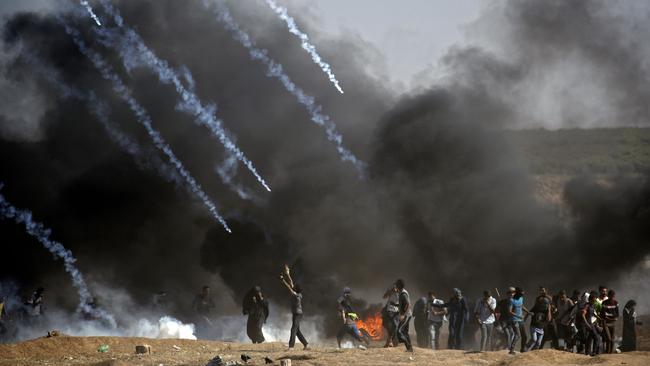
Mr Trump abandoned the Iran nuclear deal in May describing it as a “horrible one-sided deal that should have never, ever been made”.
“It didn’t bring calm, it didn’t bring peace, and it never will,” he said at the time.
The agreement was forged in 2015 by seven countries, including Australia, after two years of negotiations.
